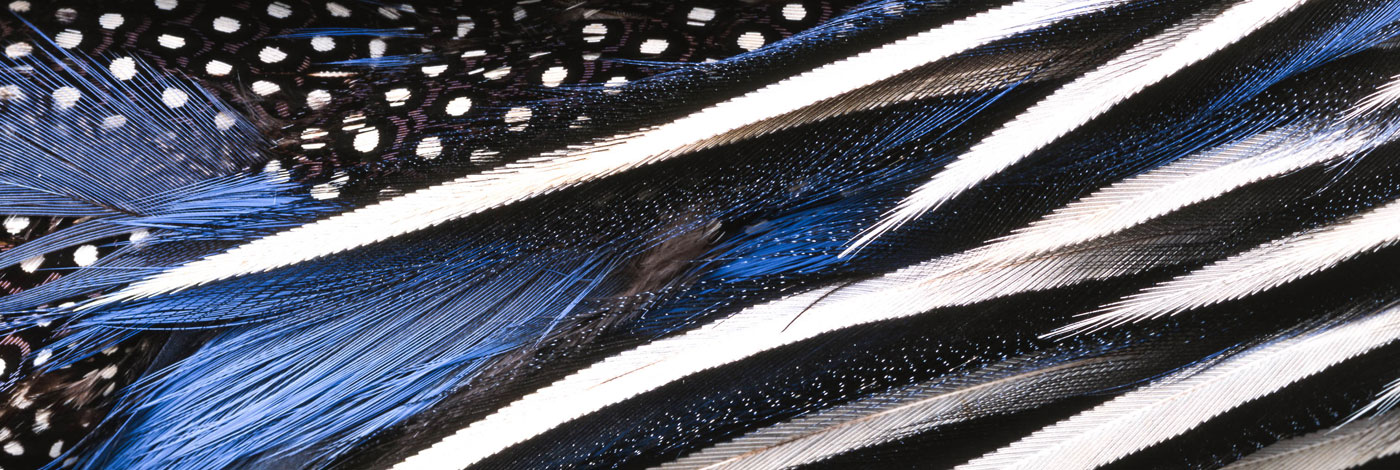
 Zoosystema
26 (1) - Pages 13-20
Zoosystema
26 (1) - Pages 13-20For several years the cosmopolitanism in sponges has been questioned. We studied populations of a very abundant Polymastia from the Arctic (White Sea and Barents Sea) commonly referred to P. mamillaris (Müller, 1806). The redescription of the type material of P. arctica (Merejkowsky, 1878) which was synonymized with P. mamillaris and its comparison with types of P. mamillaris and other common Arctic and NE Atlantic species shows that P. arctica is a valid species. It differs from P. mamillaris and P. penicillus by the presence of a thick (90-180 µm) collagenous layer in the cortex, the presence of spicules in the papilla internal laminae and the formation of buds at the top of the papillae. This result demonstrates that the often-cited “cosmopolitanism” in sponges is the result of over-conservative systematics rather than true genetic homogeneity.
Porifera, Demospongiae, Polymastia arctica, biogeography, White Sea, Barents Sea, buds.